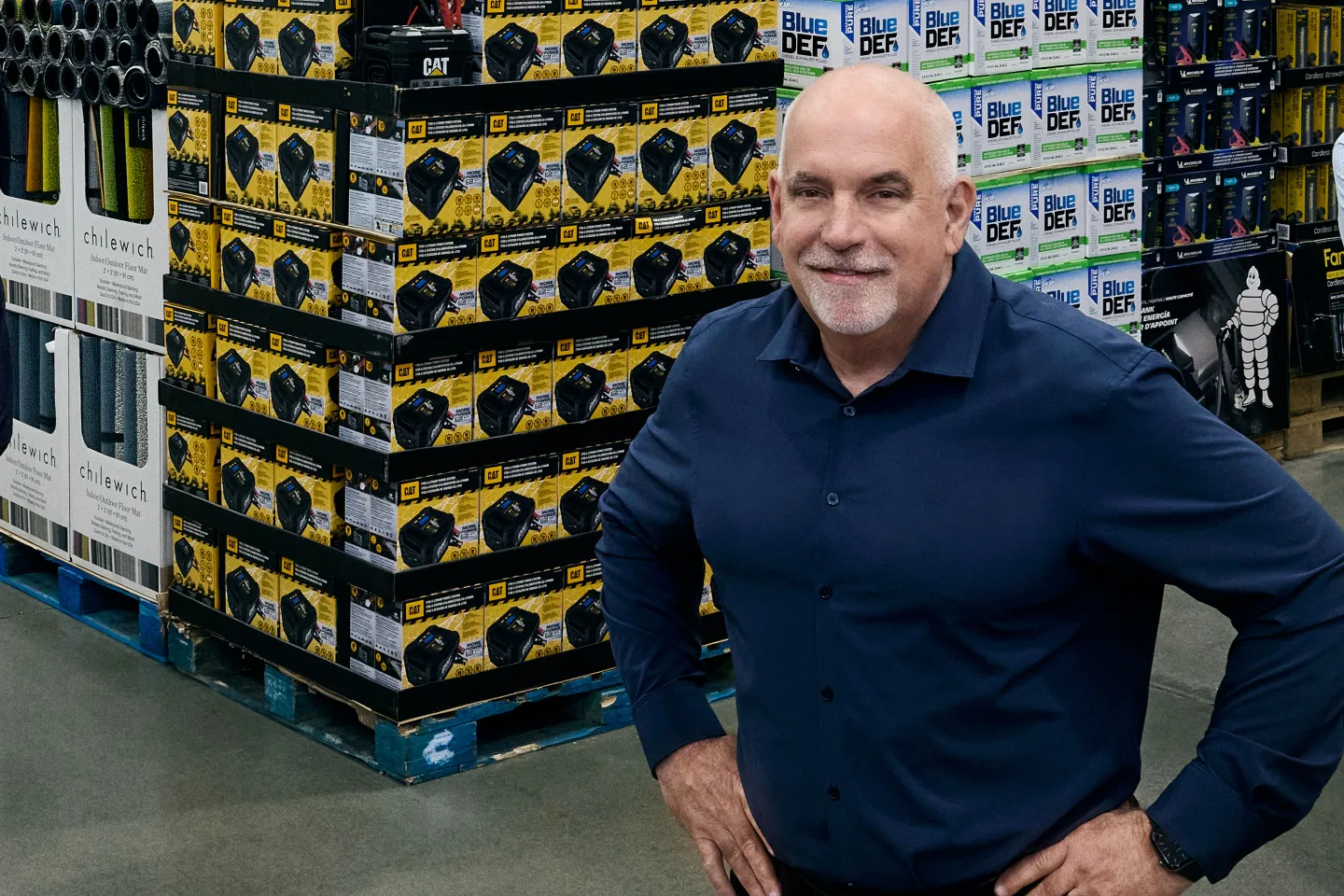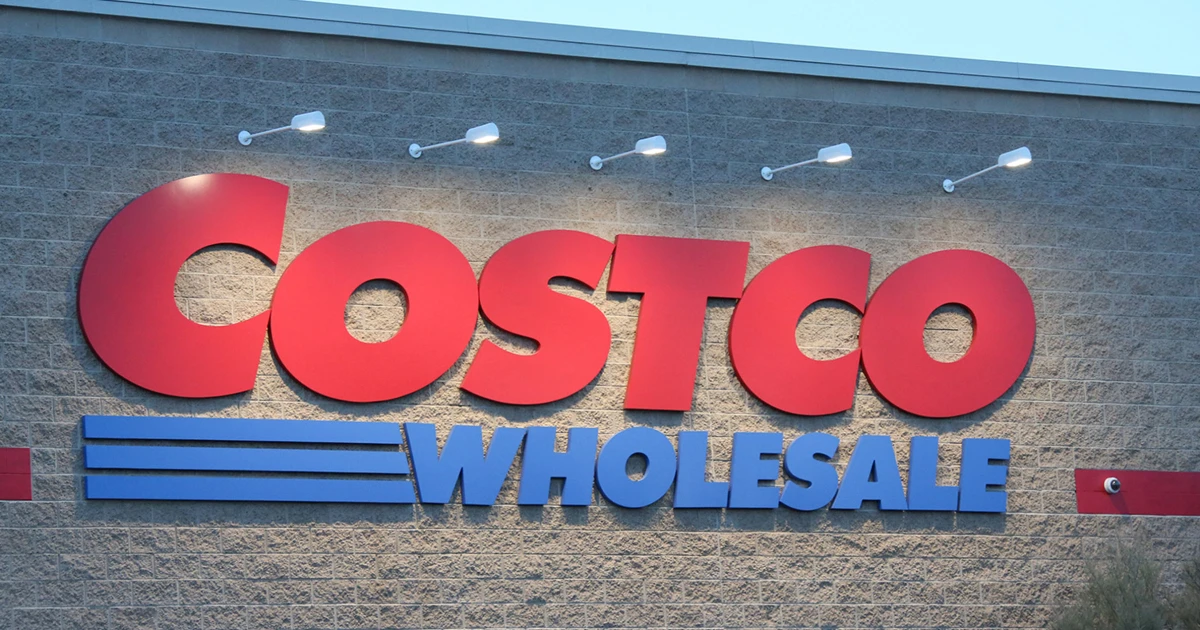In a bold move that's stirred the political pot, Costco has become the latest battleground in the culture war over Diversity, Equity, and Inclusion (DEI) policies. Despite a significant backlash from conservative activists and shareholders, Costco has doubled down on its commitment to DEI, igniting a firestorm of controversy and calls for a boycott.
A Stand for Inclusion
Costco's CEO, Ron Vachris, has publicly defended the company's DEI initiatives, stating, "If these are the policies you see as offensive, I must tell you I am not prepared to change." This statement came in response to a customer's inquiry about whether Costco hires based on "skin color" or "gender identification." The retailer's stance is seen by many as a refreshing counter to the wave of companies scaling back their DEI commitments under pressure from right-wing groups.

The Backlash Grows
Conservative activists have been vocal, with figures like Robby Starbuck and posts on X (formerly Twitter) suggesting a boycott of Costco for its "woke" policies. There's been a concerted effort to paint Costco's DEI programs as discriminatory against white, Asian, male, or straight employees, leveraging recent Supreme Court decisions on affirmative action to question the legality and morality of such initiatives.
Shareholder Showdown
At Costco's annual shareholder meeting, the company faced a direct challenge from the National Center for Public Policy Research (NCPPR), a conservative think tank that proposed Costco study the "litigation, reputation and financial risks" associated with its DEI programs. However, with overwhelming support from its board and shareholders, Costco recommended rejection of this proposal, arguing that its commitment to diversity is both "appropriate and necessary" for business success.
Market Reaction
Despite the political noise, Costco's stock has held strong, suggesting that investors, by and large, see the company's DEI stance as either beneficial or at least not detrimental to its bottom line. This resilience might be attributed to Costco's business model, which focuses on membership loyalty and customer satisfaction, areas where diversity and inclusion could play a significant role.
The Conservative Critique
Critics from the right argue that Costco's policies are not only divisive but also potentially illegal, citing the Supreme Court's 2023 ruling on race-based admissions as a precedent. They fear that such initiatives could lead to reverse discrimination lawsuits, with some even suggesting that Costco's 310,000 employees worldwide might include many who could claim "illegal discrimination."
The Broader Context
This controversy at Costco is part of a larger national debate about the role of DEI in corporate America. As companies like Walmart, Ford, and others have scaled back or rebranded their DEI efforts, Costco's firm stance has made it an outlier, drawing both praise and ire. President Trump's recent executive actions against federal DEI programs have only intensified the debate, with many seeing Costco's position as defiance against the new administration's policies.
What's Next for Costco?
Costco's commitment to its DEI policies is now a litmus test for corporate America on how to navigate the choppy waters of cultural and political battles. While some applaud the company for standing by its values, others warn of potential financial and reputational damage. The situation has also sparked discussions on the effectiveness and ethics of DEI programs, with no clear end in sight to the debate.
Conclusion
As Costco stands its ground amidst calls for boycotts and shareholder proposals, it's clear that the retailer is not just selling goods but also making a statement about the kind of corporate America it wants to be part of. Whether this will prove to be a savvy business move or a costly misstep remains to be seen, but for now, Costco has made its choice clear: it's all about inclusion.
